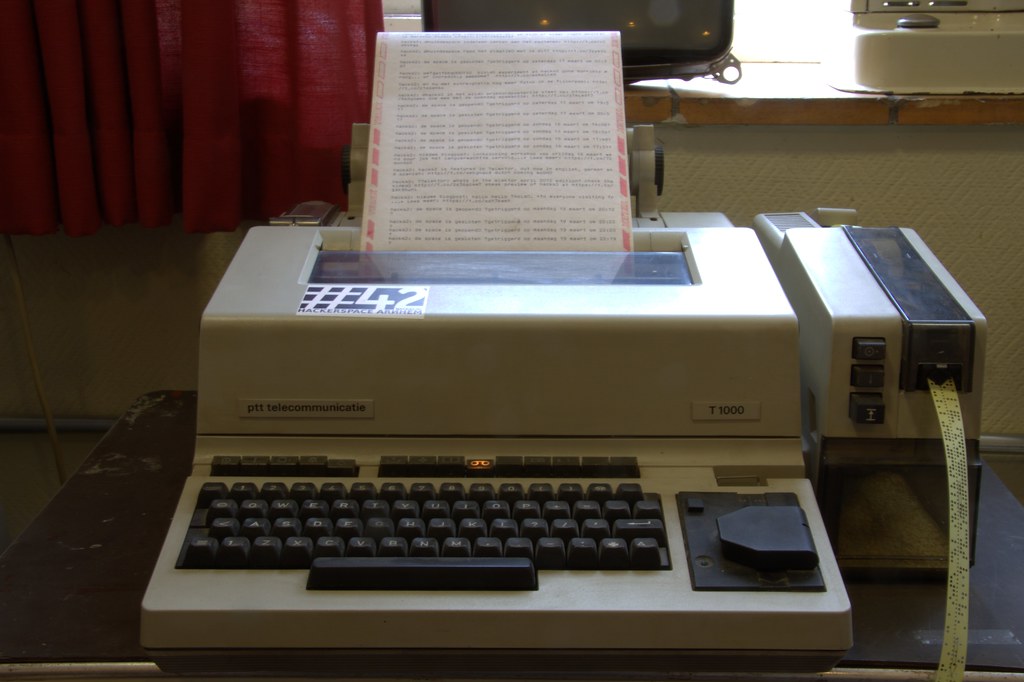
Rewind to 2018
I spent a good part of 2018 reading the white papers for hundreds of Initial Coin Offerings (ICOs). More than 1,000 ICOs were offered to investors around the world that year.
I admit that I was intrigued. Many of these offerings were targeting US investors from overseas. This type of cross-border finance has always existed but it has always been on the margin of the US securities market. ICOs seemed to want to bring it into the mainstream.
Big companies outside the US could always deposit their shares with a bank or custodian and issue American Depository Receipt (ADRs) to US investors. Financial advisors often tell their clients to diversify a portion of their portfolio into overseas investments.
Some people thought that the tokens issued by these ICOs were an entirely new asset class. Others, myself included, saw that they were being sold as investments and if they could be traded or re-sold, they were just another security.
As I published a few articles on the subject of cryptocurrency, I started getting calls from lawyers around the country who wanted to hear my thoughts on whether the tokens were a security or not and where the line might be drawn. There is nothing unusual about that. Lawyers seek advice from each other all the time. The discussions about ICOs naturally revolved around the Howey decision.
During this period there were a lot of articles on crypto websites that re-printed the basics of the Howey test and argued why this or that cryptocurrency did not pass it. Some people argued that the Supreme Court’s decision from 1946 should not be applicable to the new technology.
There had been several US Supreme Court cases on the same subject subsequent to Howey and opinions from other appellate courts as well. The ultimate question: “is this financing the sale of a security?”, has been considered time and again.
I researched the question extensively in the 1970s. At that time the marginal US tax rate on the highest wage earners was 70%. At the same time the tax code was full of special credits and deductions as incentives for various types of activities.
Smart Lawyers & Tax Breaks
There was an industry populated by some of the smartest and best credentialed tax lawyers and CPAs who created transactions that took advantage of those incentives to help high earners get relief from their income tax liabilities. The “products” were remarkably innovative.
One of the incentives was accelerated depreciation on various types of tangible assets. Using leverage, you might buy a piece of machinery for $1,000,000, depreciate it to zero in 3 years, and pay it off in 10 years. If you put $100,000 down, you got the benefit of the depreciation on the entire purchase price early and depending on your income, you might reduce you tax liability to zero for 3 years.
Of course if you were a high earning doctor you were not likely to be operating the machinery which was a requirement to obtain the deductions. Many of these tax shelter programs were packaged as “turnkey” operations which raised the question: “are you buying the machinery which can be depreciated or a business which cannot?” The latter might mean that the transaction involved the sale of an “investment contract” and thus the question: “is this a security?”
I researched and wrote opinion letters that concluded that particular transactions were not investment contracts. The answer to this question, then and now, centered on the economic realities of the transaction.
Judgement Day
Last week a US District Court Judge in NY looked at that same question regarding the tokens issued in an ICO from a Russian company called Telegram. Telegram claims to have raised $1.7 billion through its ICO world-wide, with only a fraction of the investors located in the US. There was no dispute that Telegram was promising investors that they could profit from re-selling their tokens at a later date.

The Judge’s decision was well reasoned, hit all the points, and really surprised none of the lawyers that are interested in cryptocurrency or ICOs. The SEC brief was full of cases that it had successfully relied upon for years.
Some of the lawyers with whom I spoke in 2018 were writing the paperwork for ICO offerings. Several of the best were on the phone with the SEC staff discussing each offering because they appreciated that they had an obligation to keep their client within the regulatory white lines. That is something that Telegram, apparently, never wanted,
I read yesterday that Telegram intends to appeal the Judge’s order which is to be expected, but they are also, apparently, thinking about defying it. The Judge has ordered them not to distribute their new tokens and they may do so any way.
Let’s be clear. Telegram did not need to take money from US investors in the first place. If they wanted to they could have followed the rules and registered the tokens or sold them under an exemption to accredited investors only. They chose not to.
In all probability they could have settled with the SEC early on by simply returning the money to the US investors, but they chose to fight the SEC instead. Nothing in the Judge’s opinion was new law. The facts in this case were not in dispute.
I would have advised Telegram initially that they were issuing securities, had they asked. I think most securities lawyers would have agreed. The investors were going to profit from the efforts of others. That was the economic reality of the transaction.
Some lawyers apparently disagreed and gave Telegram the green light to make its offering in the US in the first place. After reading the Judge’s decision I find that troubling. What case law were they reading? Will their opinion letters to Telegram on this subject become public as that case continues?
During this time there were some lawyers who publicly stated that SEC’s rules regarding the issuance of cryptocurrency were unclear. I tried to throw cold water on them at the time. If you cannot define a security, or know one when you see one, how can you hold yourself out as a securities lawyer?
As I was writing this story over this weekend I exchanged comments on LinkedIn with a university Professor who is a fan of Telegram and its platform. He told me that Telegram has over 300 million users. He assured me that Telegram does not sell user information. He reminded me that its founder had refused a request from the Russian government for a backdoor into its system. I asked him why he thought that any of that was true.
I reminded him that Telegram has never disclosed what it did with the $1.7 billion it raised. Telegram has never disclosed any financial information whatsoever. It may have raised more or less, it may sell user data and it may be in bed with the Russian government. Auditors have never seen its books or its operations. Telegram’s self-serving public statements have no more value than did Madoff’s public statements.
The real issue here should be that if Telegram issued securities, then it failed to give US investors any of the information to which they were entitled. That, of course, is fraud.
As I said, this type of cross-border financing intrigues me. Going forward I expect to help more and more companies from around the world successfully reach US investors. Some amount of creativity may be needed to make the “economic realities” of these transactions attractive to US investors. But there is a difference between creativity and fantasy. Good lawyers know the difference. If your client wants to test the boundaries of the system, they should do it with their own money, not funds taken from investors who were never given all the facts.
If you’d like to discuss this or anything related, then please contact me directly HERE
Or you can book a time to talk with me HERE